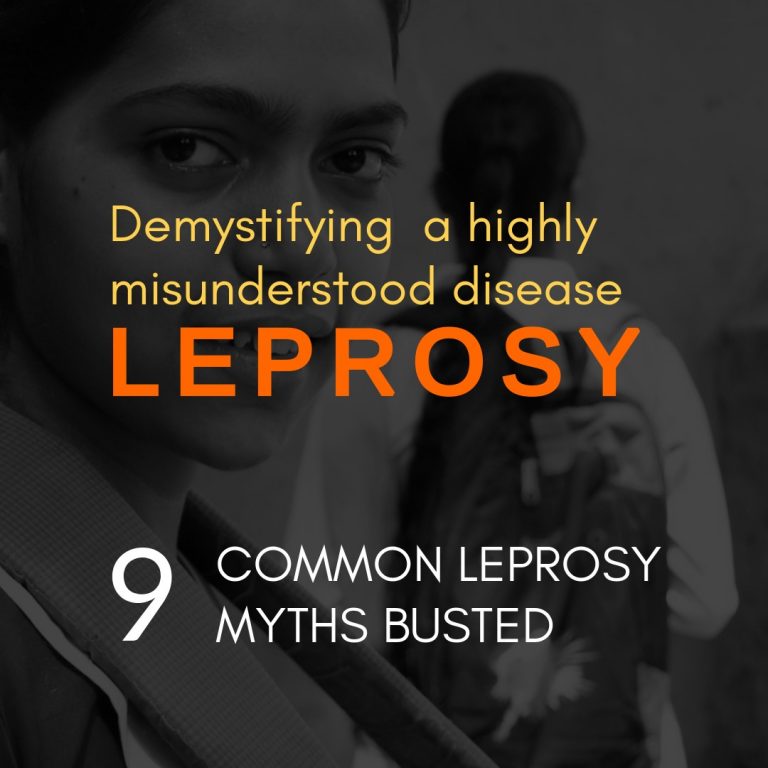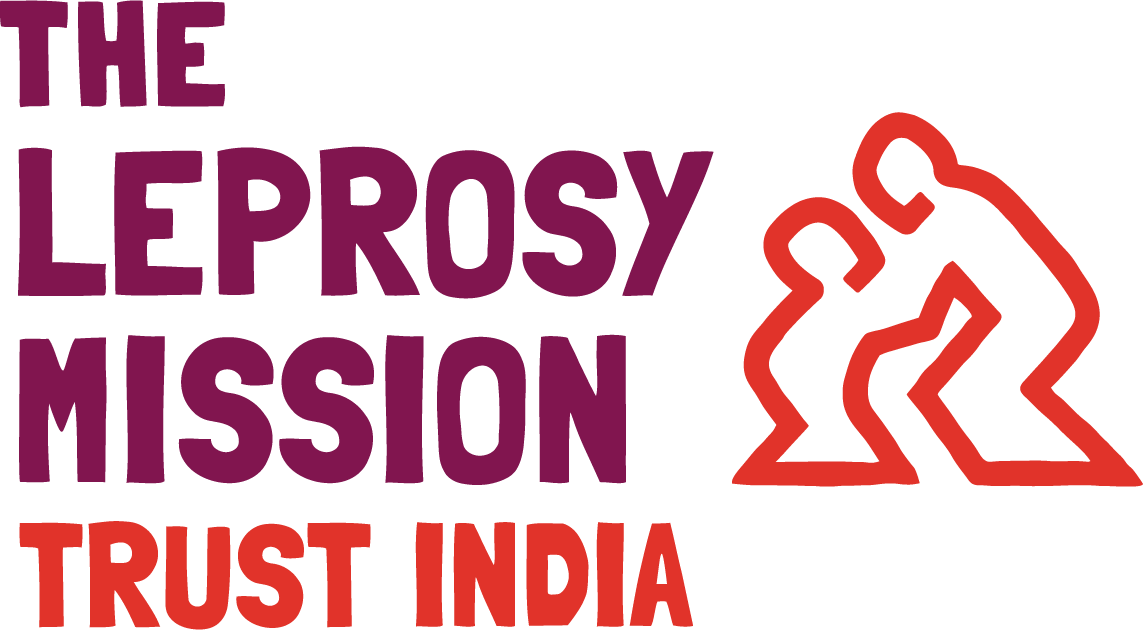#BustLeprosyMyths – a short video countering myths about leprosy with real facts
#BustLeprosyMyths – a short video countering myths about leprosy with real facts
But the unfortunate part is, we believe in such myths about leprosy and these myths add to the stigma associated with leprosy.
Since ancient times, society has stigmatised people affected by leprosy. There is a strong feeling in the society that being affected by leprosy is shameful, and because of this, patients, even after they are cured, are not accepted in society.
Even today, when leprosy is curable, the age-old stigma attached to it has not been cured. Stigma is a reality in the lives of the people affected by leprosy, and this hampers their physical, psychological, social and economic well-being.
The stigma attached to leprosy is so acute that persons affected by the disease, in many cases, are forced to leave their homes and live in isolated colonies. Stigma leads to irrational behaviour towards people affected by the disease. It is hurtful and leads to discriminatory practices.
Even those who live within society are often excluded from taking part in mainstream society. They are often ostracised and prevented from accessing community resources, like water from community wells, and are excluded from festivals and community gatherings. They are denied education, employment and often lose the freedom to marry a ‘normal’ person. Fear of stigma and discrimination stop people with leprosy seeking medical treatment. They sometimes even face discrimination at the hands of health workers and medical practitioners who are ignorant and uninformed.

Apart from social discrimination, people affected by leprosy face discrimination before the law. We have identified 119 civil and criminal laws discriminatory towards people affected by leprosy (12 of them have been repealed since then). These laws were framed on the basis of the ‘Lepers Act, 1898’ (which was repealed by the Parliament of India on April 27, 2016). These laws continue to discriminate against people affected by leprosy. They bar people affected by leprosy from contesting elections, charge higher life insurance premium from them, stop them from using public transport, obtain driving licenses, etc. These laws violate their human rights – like the right to participate in political life, right to marriage and family life, right to employment, right to inclusion, and right to freedom of movement. They deny the fundamental right to equality before the law, guaranteed by the Constitution of India, under Article 14. These laws are also a denial of the right to equality, guaranteed by the Universal Declaration of Human Rights, 1948, vide Article 7.
Because of stigma and discrimination, people affected by leprosy often experience loss of self-esteem and dignity and feel fear, shame, hopelessness and guilt. Leprosy, like other infectious diseases, often affects the poorest and the most marginalised communities who already have a history of being discriminated against. They have a limited capacity to defend their rights and challenge stigma.
For this reason, clearing up the myths and misconceptions about leprosy are crucial in our fight against leprosy.
In our effort to dispel such myths, we bring to you a short video countering myths with real facts.
Watch the ENGLISH VERSION of the video here: http://bit.ly/2TsvMFL
Watch the HINDI VERSION of the video here: http://bit.ly/2YQ7HMY


